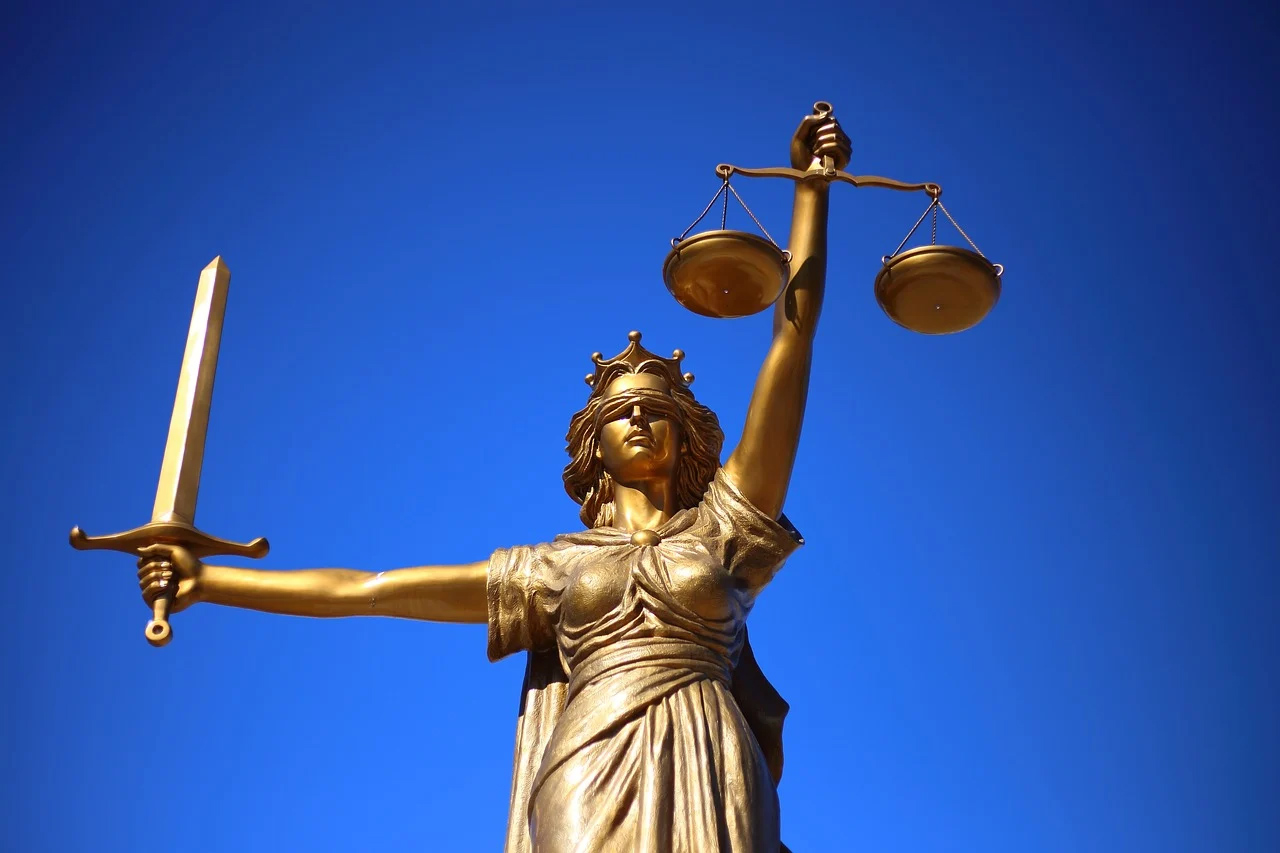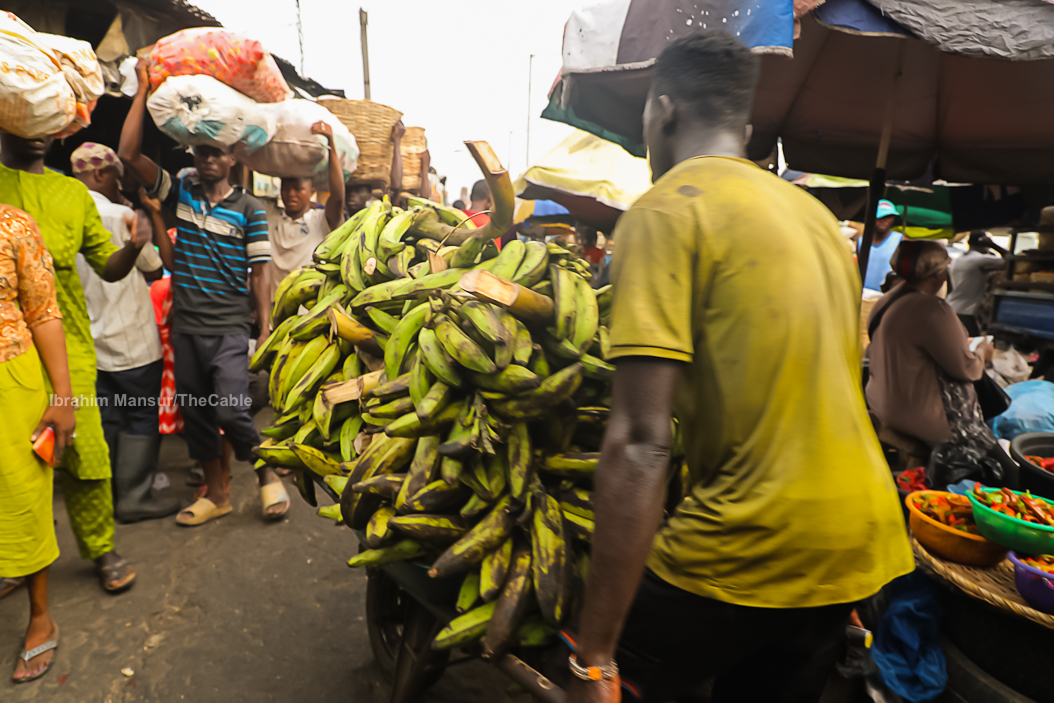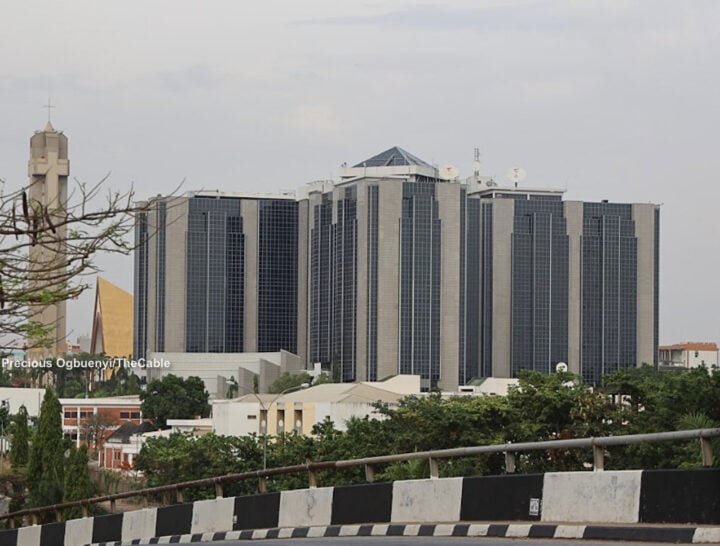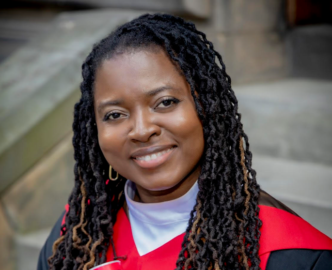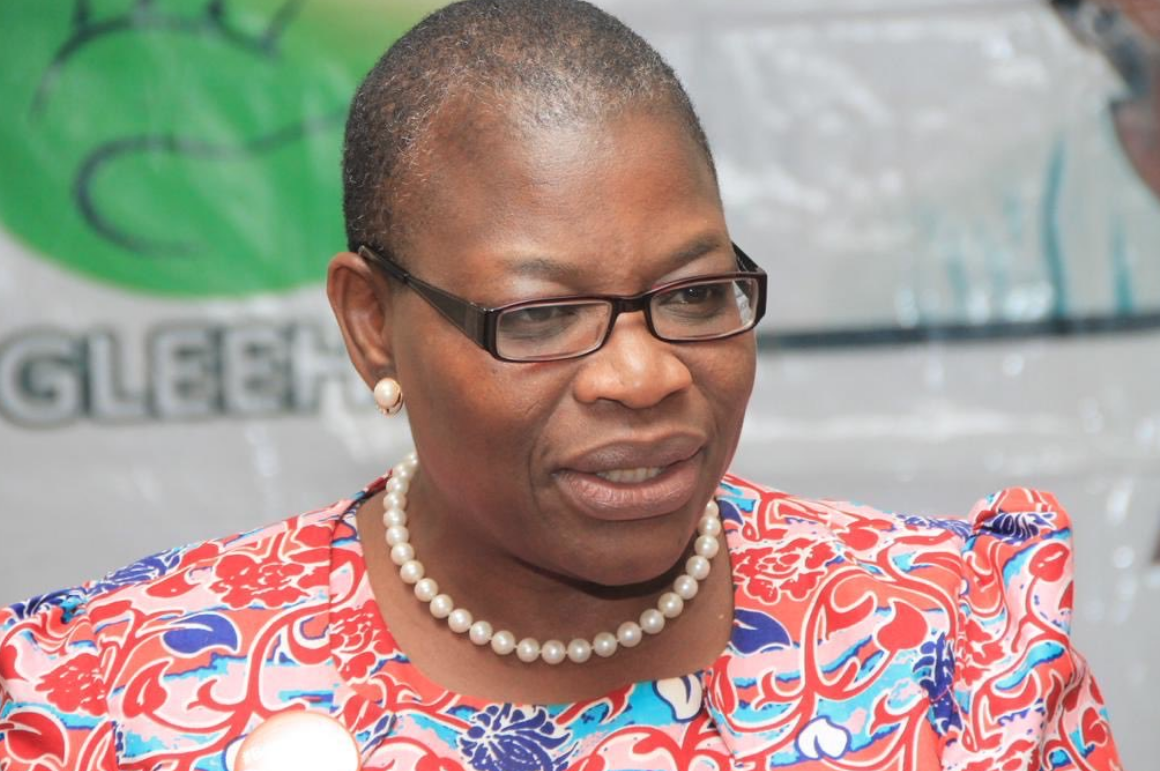BY FEMI OLUWASANMI
It is an incontrovertible fact that no meaningful development can occur in an atmosphere of chaos. That is why mechanisms are built to regulate the interactions, transactions and relationships that exist among people and the institutions of society with the responsibility to resolve disputes without fear or favour bestowed on the judiciary. However, this seems to be the opposite in Nigeria with the increase in the flow of conflicting judgments emanating from the “temple of justice” across the country.
On July 15, 2024, Justice Amina Adamu Aliyu of the Kano state high court restrained the deposed Emir of Kano, Aminu Ado Bayero, and emirs of the scrapped emirates of Bichi, Gaya, Rano and Karaye from parading themselves as emirs. This contradicts a June 20 order of a federal high court sitting in Kano which voided the reinstatement of Muhammadu Sanusi II as the 16th Emir of Kano, a few weeks after the Kano state governor, Abba Yusuf, restored him to the throne.
The “storm in the cup of tea” of the Kano emirate system started shortly after the “cold war” between the former governors of the state, Senator Rabiu Kwankaso and Dr. Abdullahi Ganduje, broke out in 2015. This frosty relationship contributed to the reasons for the dethronement of Sanusi in 2020, though it was alleged to be a result of his insubordination to the Ganduje-led government and the quest to preserve the dignity of the traditional stool from the threat posed by the utterances and actions of the emir.
Advertisement
While this is not new in the history of Nigeria because there have been instances where kings and queens have been enthroned and dethroned by the government or the court of law to either settle personal spite, score political goals or in the quest for justice, however, what seems to be worrisome is the epidemic of judicial rascality manifesting in form of an avalanche of perpetual injunctions and conflicting judgments, especially from the courts that lack the locus standi to entertain such matter.
Constitutionally, the jurisdiction to hear and determine chieftaincy matters is conferred on the state high court. But in the case of Kano, the opposite seems to have happened when Justice S. Amobeda of the federal high court in the state entertained and gave a contradictory judgment to the one earlier delivered by Justice Aliyu of the state high court on the reinstatement of Sanusi.
The same contradiction was made manifest when Charles Wali, a state high court judge, issued an interim order restraining 26 lawmakers from carrying out legislative functions over defection claims on May 30, 2024, in Rivers state. A matter that ought to have been filed to and determined by the federal high court. Another is the display in Edo state where the court entertained and granted the prayers of those who were not aspirants in the 2024 PDP gubernatorial primary election in the state. This drama of rascality prompted the Chief Justice of Nigeria, Olukayode Ariwoola, to agree that there are bad eggs in the judiciary polluting the river of justice but promised to fish them out.
Advertisement
Judicial rascality is a very dangerous virus that can halt the wheel of society. This is because it breeds injustice and promotes anarchy by making people lose hope in their government and resort to self-help in seeking for justice. Thereby, leading to a society synonymous with Thomas Hobbes’s imaginary state of nature where life is brutish, nasty, and short, and survival of the fittest is seen as a common currency.
That Nigeria is treading the path to this society is not in doubt putting into consideration the expansion in the legal environment that promotes perpetual injunction that fetters justice, lower courts that give rulings that conflict with the decisions of the appellate courts and litigants that run to the courts of coordinate jurisdiction to secure conflicting orders on the same matter across the country. No wonder, former President Muhammadu Buhari said that the biggest headache of his administration’s war against corruption was the judiciary.
Whereas, the judiciary ought to complement the effort of the executive by dispensing speedy judgment on matters brought before her without fear of favour. The same frustration seems to have made the chief of defence staff, General Christopher Gwabin Musa, to allege at a sectoral debate in the national assembly of recent that the judiciary is stalling the military’s fight against criminality by releasing the Boko Haram suspects after being arrested by the military under the pretext of bail in a manner that endangers the lives of troops and their families.
The danger that judicial rascality can cause to society is incalculable because of the tone of the finality of the judiciary in the interpretation and adjudication of law. That is why incorruptible judges/justices are needed in the temple of justice, especially in Nigeria where hunger and anger have become the daily chorus and a slit provocation has the potential of igniting chaos and crisis. But how can the judiciary be insulated from the virus of rascality when the system is flooded with people from the “power that be” and promotion is done based on political or economic weight on the scale of evaluation instead of merit?
Advertisement
For instance, the number of politically exposed persons who attended the swearing-in ceremony of some of the justices that were sworn into the court of appeal recently has made some people raise doubt on the possibility of having an independent judicial system free from influence. In fact, the gathering further broadened my understanding of the reasons the judges who delivered the lead judgment at the Osun state gubernatorial election tribunal in 2022 had to go down low to trumpet the “Buga” chorus to make the judgment more interesting and fascinating.
Must this continue? The answer is NO.
To stop the current judicial rascality from polluting the stream of justice, there is need to embark on a serious judicial reform that will purge the system of the bad eggs giving judgments that are denting the image of the judiciary and reducing the hope of the people in the justice system so that Nigeria can become a shining light at the comity of countries and hill at the fountain of peace and prosperity.
Femi Oluwasanmi writes from Atakunmosa, Osun state. He can be reached via [email protected]
Advertisement
Views expressed by contributors are strictly personal and not of TheCable.
